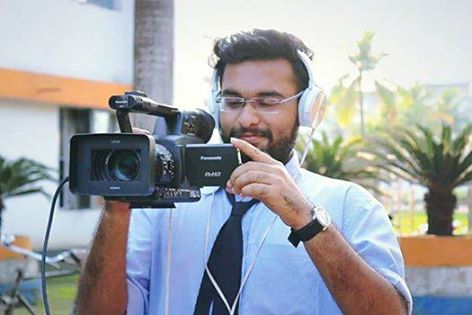
As the sector of media and communication is becoming more diverse and dynamic day by day, the demand for the degrees in the media and communication studies is also becoming popular. Media Science is the study in the field of Mass Media that contains everything from print media like newspaper to audio/audio-visual media like radio, television, internet etc.
Since 1980s, the degree has gained momentum in leaps and bounds as it covers ranges of topics like advertisement, public relations, event management etc. Apart from this, the course varies significantly in content and approach towards the subject area.
Scopes of Studying Media Science:
After earning degrees in Media Science, students can get opportunity for jobs in the following positions-
- Media Reporter
- Media Planner
- Public Relations Officer
- Programme Researcher
- Social Media Manager
- Television/video/film Producer
- Web Content Manager
- Copy Writer
- Broadcast Journalists
- News Anchors
- Market Researcher
- Freelance Photographers, Reporters
In order to achieve success in the field, students or professionals need to be persistent in their applications. The more they explore the domain and get in touch with different media platforms, the more their chances of getting new opportunities increase. Learners should always seek for newer openings in the field as well as internship programmes to get relevant experience.
Advantages of Studying Media Science:
- A degree in Media Science, whether bachelor’s or master’s, unlocks new avenues in job sectors for people coming from all walks of life.
- Students get practically preparation for different media careers.
- Students get practical skills like film production, copy writing etc.
- They become able to represent issues like gender, race, conflict, politics etc. through media platform.
- Students always remain efficient with updated knowledge in various fields like social media, recent technological developments, industry knowledge etc.
- While pursuing degree, students get to interact with different personalities across the fields. They get scopes for learning, travelling, writing, interviewing and many such.
- Students study through a combination of both theoretical knowledge and practical approach like classroom lectures, screenings, seminars, practical activities, assessments etc. All this enhances students’ understanding of the media world.
- Media Science graduates or masters are also highly beneficial for the industry. As they come with efficient knowledge, they can contribute value to the field, thus helping to develop the industry more.
Summing up, study of Media Science has become one the most relevant and sought-after courses in today’s media-dominated landscape. So, this is one exciting and influential subject area that students can easily invest in.








